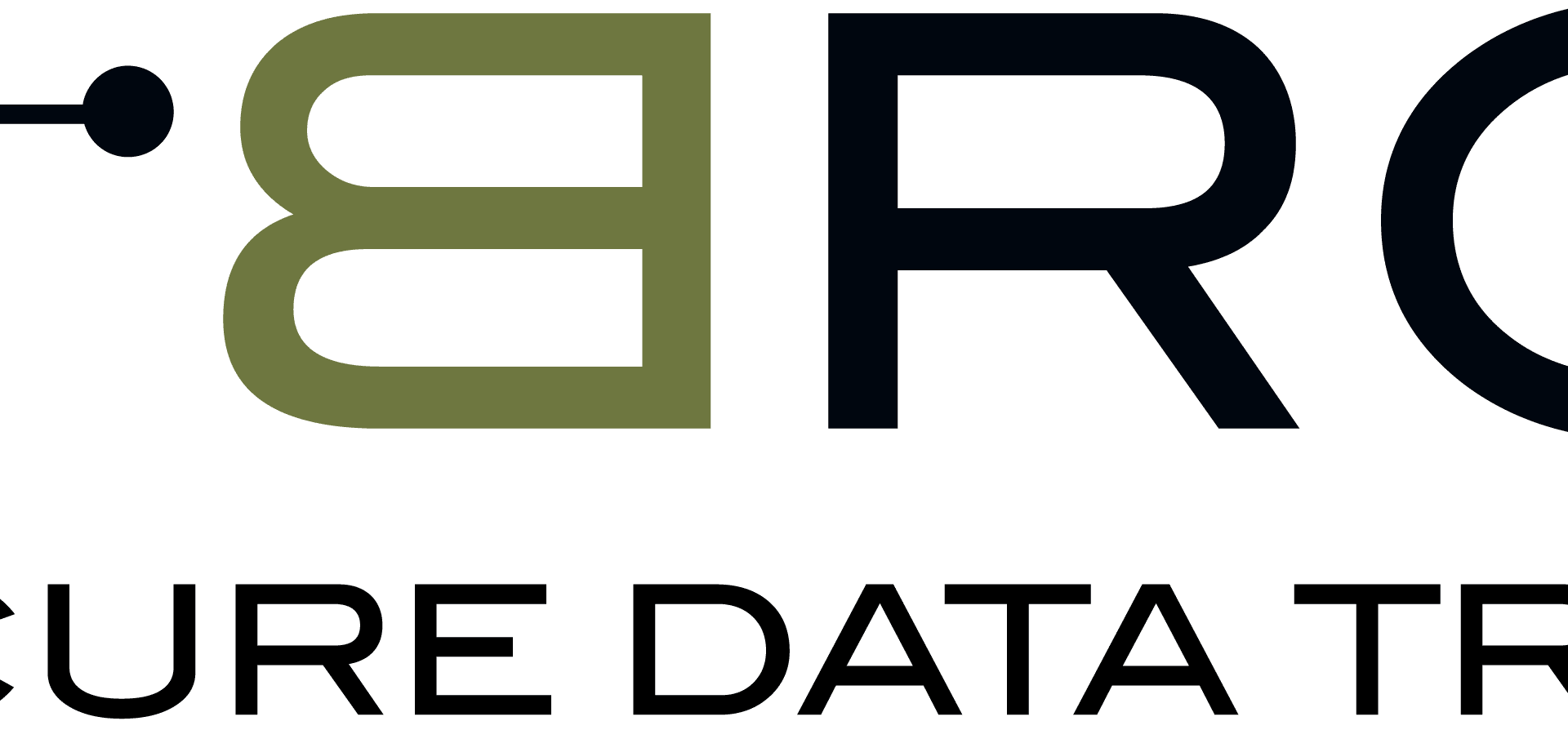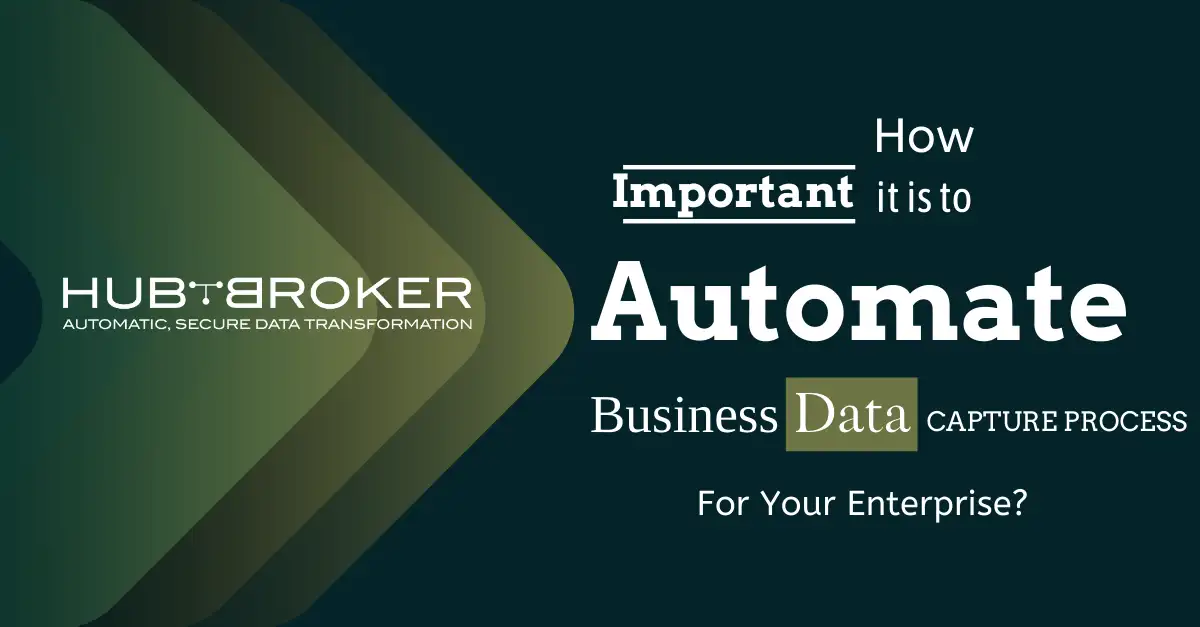Capturing data in an efficient and streamlined manner is crucial to the success of any enterprise. In today’s dynamic business environment, properly collected data can provide valuable insights and help companies grow. Business data capture refers to collecting information from documents and converting it into usable data that the system can analyze. Businesses can easily store, organize, search, and retrieve data by digitizing data from documents.
According to a study by the International Data Corporation (IDC), the global market for automation of data capture is expected to reach $8.9 billion by 2020, with a compound annual growth rate (CAGR) of 11.5%. This growth rate clearly indicates the importance of automating the data capture process for enterprises.
Traditionally, staff members did business data capture manually, which often resulted in errors and demotivated employees due to the tedious nature of the task. However, with advancements in technology, this process has been fully automated, resulting in increased employee productivity, reduced errors, and higher accuracy in data capture.
Automating the data capture process is not just limited to large enterprises but also small and medium-sized businesses. By automating this process, companies can save time and money by reducing the need for manual data entry and other labor-intensive tasks. This allows employees to focus on more valuable tasks, such as analyzing and interpreting data, rather than spending time on data entry and processing.
Another advantage of automated data capture is the reduction of errors. Manual data entry is prone to typos, misspellings, and incorrect data. Automated data capture, on the other hand, uses advanced technologies such as OCR, AI, and NLP to capture data from documents accurately. This leads to a significant reduction in errors and an increase in data accuracy.
Moreover, automating data capture also helps in compliance with regulations. Businesses must comply with various regulations and regional compliance requirements, such as the General Data Protection Regulation (GDPR) and the Health Insurance Portability and Accountability Act (HIPAA). Automating data capture ensures that businesses comply with these regulations as it ensures that sensitive data is captured, stored, and processed securely.
Key Benefits of Business Data Capture Automation
Automating business data capture processes has become increasingly crucial for businesses. Companies that have successfully implemented automation in business data capture include Adobe, which has been able to streamline its invoicing process and reduce errors by up to 90%. Similarly, American Express has reduced data entry time by 50% and improved data accuracy by 99% with Data capture automation. Below are some of the many benefits of automation include:
- Improved Employee Satisfaction: Manual data entry can be tedious and monotonous, leading to employee frustration and demotivation. Automating the process allows employees to be utilized in more meaningful roles and increases employee retention rates. According to a study by the International Association of Administrative Professionals, data entry is the most time-consuming task for administrative professionals, taking up an average of 15-20% of their workday.
- Reduction in Errors: Automated business data capture reduces errors significantly, allowing businesses to focus on more critical tasks. According to a study by the Institute for Supply Management, the cost of correcting errors caused by manual data entry can be as much as $10 per error, compared to the cost of preventing errors through automation, which is around $1.
- Eliminate Hidden Costs: Automated business data capture can be up to 20 times less expensive than manual data entry. It eliminates the cost of printing and mailing invoices and reduces the time it takes for vendors to receive payments.
- Improved Productivity: Automated OCR data capture enhances efficiency in the process of organization and distribution of data, reducing the overall workload and increasing data accuracy.
- Available 24×7: Automation can create a backup of data sets, ensuring that essential document processes are never lost in case of technical disruptions. This is particularly important for businesses that operate in the global market.
- Easier Accessibility: Automation ensures that all departments have access to the necessary documents and that files and folders are easily searchable and accessible, enabling linear growth and scalability for businesses.
Automate Your Business Data capture Process with HubBroker
Automating the data capture process is essential for enterprises to stay competitive in today’s dynamic business conditions. It leads to higher employee productivity, reduced errors, increased data accuracy, and helps businesses comply with regulations. With the global market for automation of data capture expected to reach $8.9 billion by 2020, companies must consider automating this process to stay ahead of the curve.
If you’re looking for a reliable partner to automate these processes, HubBroker is an excellent option to consider. We use cutting-edge technologies, including AI, RPA, and NLP, to capture, convert, and validate the information from any data format, including emails and PDFs, and integrate it into your ERP and accounting systems. Schedule a demo with our experts today if you would like to learn more about our services and how they can benefit your business.





